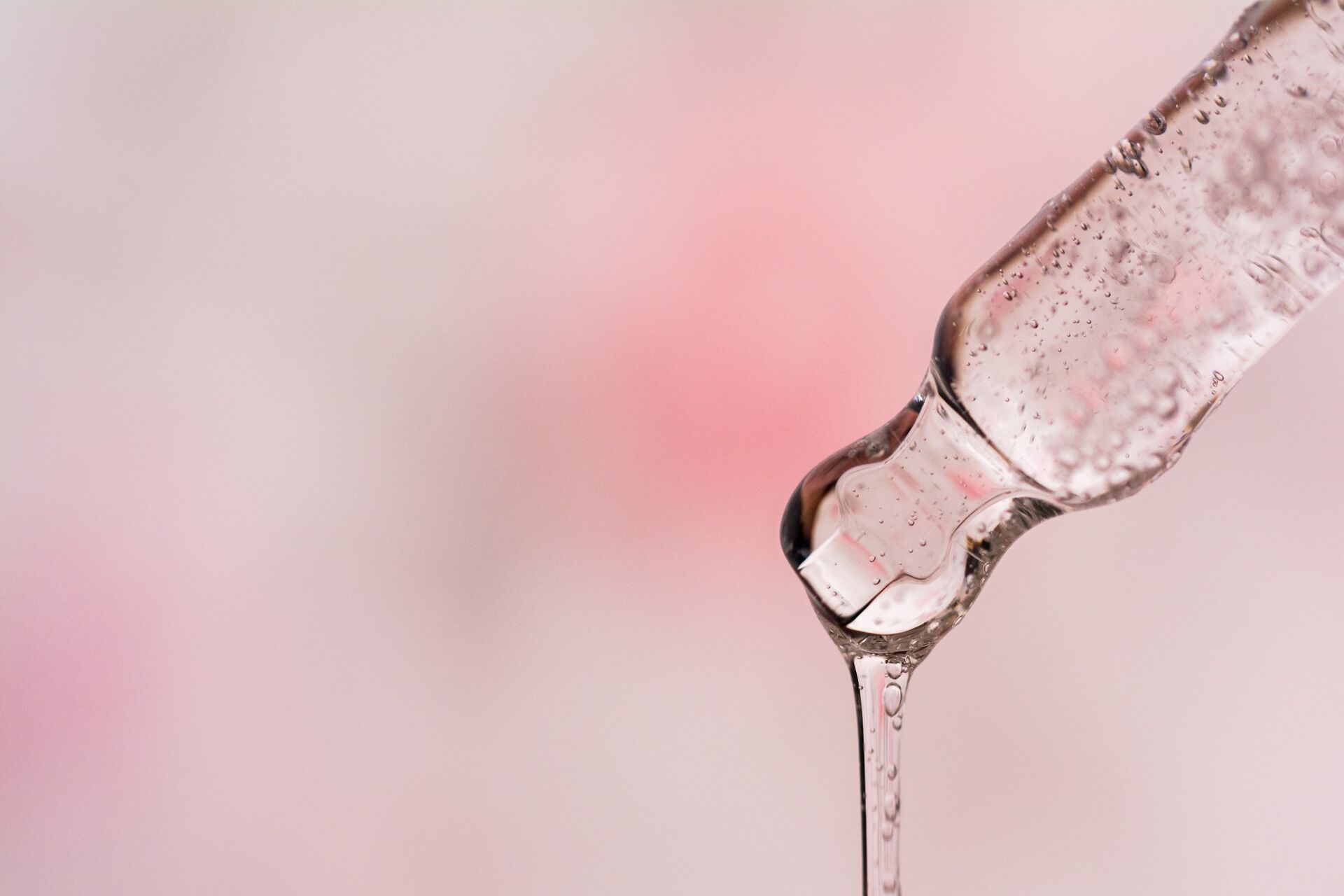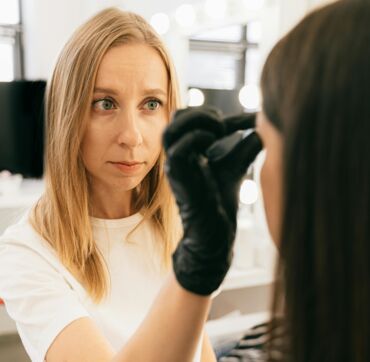Hyaluronic acid - what are the contraindications and possible complications?
- All

Hyaluronic acid - what are the contraindications and possible complications?
Are you thinking about getting rid of wrinkles or furrow lines by filling them with hyaluronic acid? Before you decide to undergo the treatment, learn about its contraindications and possible complications!
Hyaluronic acid - what is it?
Hyaluronic acid is a compound that binds water in the dermis. When skin ages, it loses the ability to bind the water molecules and, as a result, it also loses its elasticity. That's when wrinkles appear. Hyaluronic acid naturally occurs in human organism so it can be fully absorbed by it. Consequently, treatments using hyaluronic acid are safe and involve low risk of complications; hence more and more women decide to soften wrinkles with this method. However, there are several contraindications and possible complications that should be considered before the treatment.
Hyaluronic acid - contraindications
Women who are pregnant or breastfeeding shouldn't undergo a treatment involving hyaluronic acid. Another contraindications are diabetes, various infections, allergies, immune system diseases, and allergy to the acid.
Hyaluronic acid - complications
The basic side effects of injecting hyaluronic acid are: skin redness, slight bruising, swelling, and itching. All of these symptoms appear around the place of injection. However, they don't necessarily occur in all individuals and if they do, they usually disappear completely after 2-3 days.
A much more serious complication is the occurrence of local necrosis, which is, luckily, rare. However, should it occur, the physician performing the procedure should immediately administer a substance dissolving hyaluronic acid, which will stop the spread of necrosis.
In case the contraindications are ignored and the hyaluronic acid is administered to a patient suffering from allergies or infection, sudden exacerbation of the condition of the patient may occur. Should that happen, the patient must be quickly treated with antibiotics.
Cosmetics with hyaluronic acid
A cream, an intensive serum or a facial mask with hyaluronic acid are a great alternative to injections. Although the effect may not be as impressive and immediate, it's good to be systematic in using those cosmetics because patience will really pay off - you'll moisturize your skin deeply, get rid of wrinkles, and prevent the formation of new ones.
Those cosmetics are also a great alternative for those who cannot undergo a hyaluronic acid treatment in a beauty salon due to contraindications.










